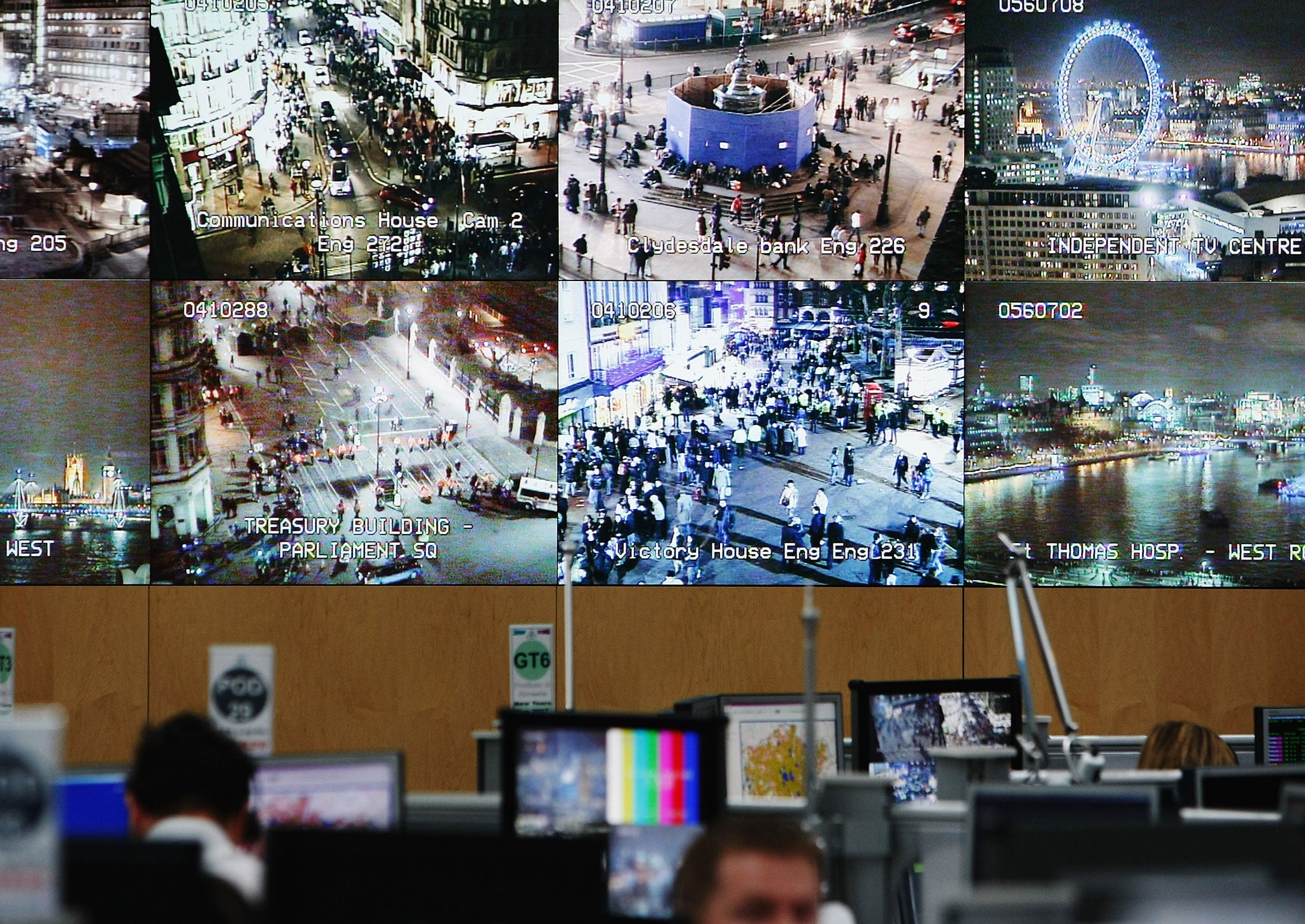New surveillance laws will only help fuel terrorism
The Government is right to be concerned about extremism, but their plans to protect national security will only put us more at risk

Your support helps us to tell the story
From reproductive rights to climate change to Big Tech, The Independent is on the ground when the story is developing. Whether it's investigating the financials of Elon Musk's pro-Trump PAC or producing our latest documentary, 'The A Word', which shines a light on the American women fighting for reproductive rights, we know how important it is to parse out the facts from the messaging.
At such a critical moment in US history, we need reporters on the ground. Your donation allows us to keep sending journalists to speak to both sides of the story.
The Independent is trusted by Americans across the entire political spectrum. And unlike many other quality news outlets, we choose not to lock Americans out of our reporting and analysis with paywalls. We believe quality journalism should be available to everyone, paid for by those who can afford it.
Your support makes all the difference.Protecting the security of the nation is David Cameron's primary task. But when counter-terrorism legislation undermines counter-extremism, we are in danger of sacrificing long-term security for short-term surveillance.
A forthcoming Intelligence and Security Committee report is likely to be a vessel for the rebranding of the much criticised draft Data Communications Bill. It will likely recommend legalising the interception of “internal” communications without an individual warrant, something for which the NSA’s Prism and GCHQ’s Tempora programmes have already been heavily criticised.
The proposed legislation will likely require companies to retain big data that the authorities could mine if it suspected someone of a terrorism-related offence. You would hope the government wouldn't use these powers without great discretion, indiscriminately or irresponsibly.
But even if they don’t, we should be concerned that the bill would pay insufficient attention to British citizens' right to privacy. The potential benefits to counter-terrorism are dwarfed by the potential damages to counter-extremism.
Theresa May is rightly concerned about the challenges that violent extremism poses to our national security. The Islamic State's declaration of a “Caliphate” last week, coupled with its appeal to potential British foreign fighters is foremost among them.
However, its existence should not be used as a hook to push through draconian measures that would only serve to negatively alter the fabric of our society.
Wrong-footed policymaking can have an untold effect on the appeal that extremist ideologies have. Extremists are adept at manipulating grievances relating to flawed policies, something which is at the very heart of radicalisation.
More than any other sphere of policy, counter-terrorism measures lay governments open to the harshest of criticism. It was easy for extremist preachers, groups and charismatic recruiters to point to the unfair profiling of Muslims in the “stop and search” policy. Likewise, the illiberal relocation aspect of control orders (which some are calling to be brought back) was able to convince vulnerable people that the authorities hate and will forever persecute them.
With that in mind, taking great care in developing and implementing nuanced counter-terrorism measures is crucial. The introduction of a sweeping law like the “Snoopers' Charter” will be exploited by extremists to show that the government wants to spy on its own citizens, that all Muslims are suspected of being terrorists, and that David Cameron is just as bad as Bashar al-Assad, even though none of those things could be further from the truth.
It is essential that any proposed data communications legislation carefully considers the impact on counter-extremism, and avoids being exploited for extremist propaganda by being clearly communicated. It must also be well-informed and democratic, taking on board feedback from the joint committee as well as the court of public opinion.
Labour and the Liberal Democrats have their roles too. They must always prioritise civil liberties alongside issues of national security, and loudly voice their criticisms of the Home Secretary's plans. If they fail to do this, then the Government will be given carte blanche to destroy the balance we have been our safety and our freedom, and fuel the fire that it's trying to fight.
Join our commenting forum
Join thought-provoking conversations, follow other Independent readers and see their replies
Comments